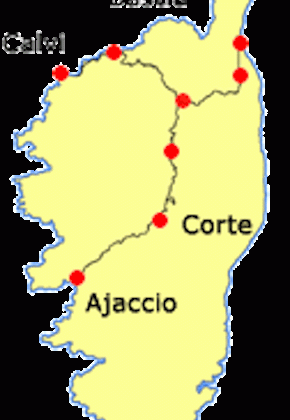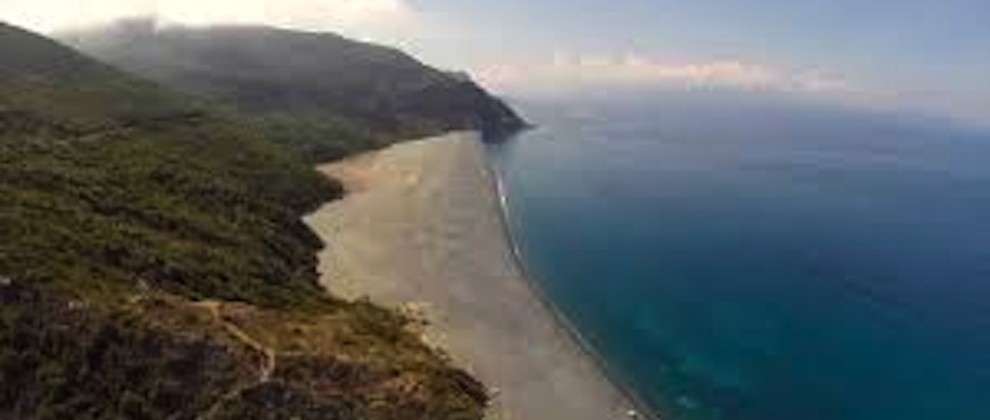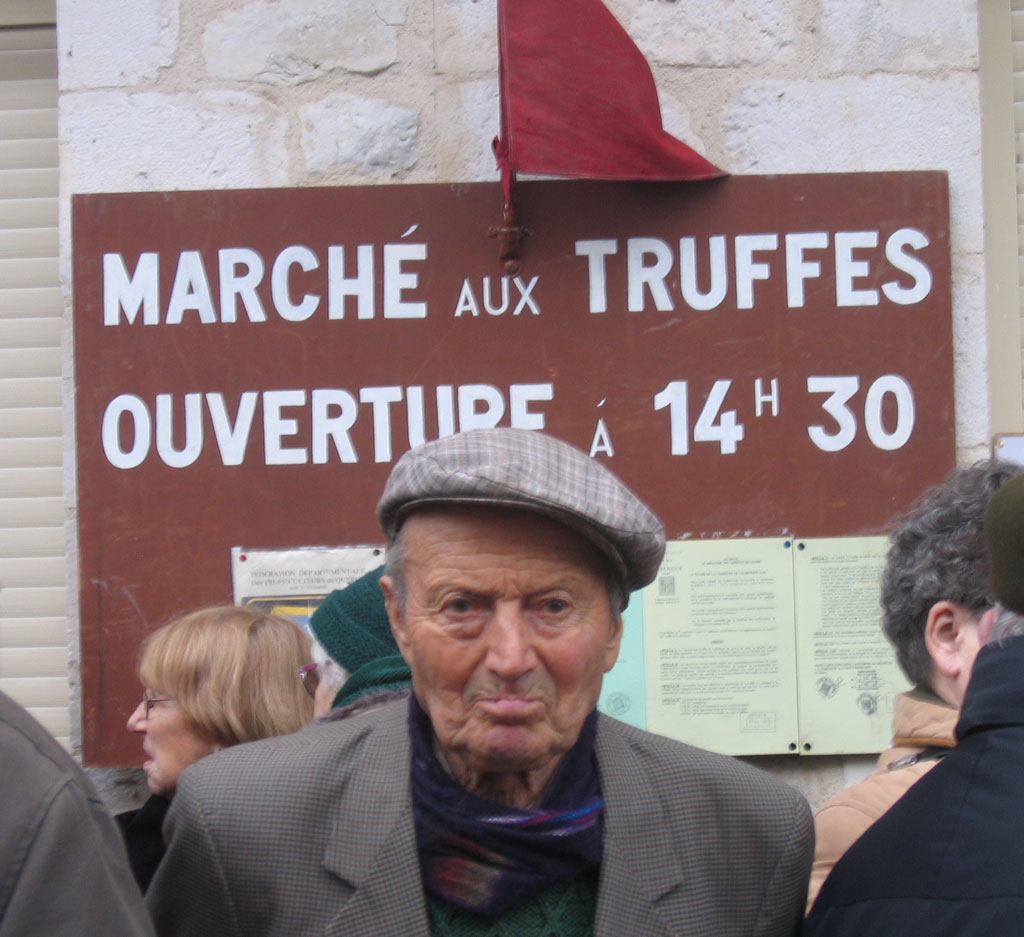* Image from www.corsica-isula.com
There are three maxims for holidaying in Corsica:
Learn French, expect to spend more than you would on mainland France and bring your international driving licence.
Travellers seeking more than just a week lying by a hotel pool or lazing in a rustic gite often find that escaping the crowds requires running the gauntlet of the most dramatic — and often unkempt — switchback roads in Europe.
Indeed, with its dramatic topography of hairpin bends, sheer drops and white-knuckle intersections, Corsica often draws more comparisons to Tibet than to its nearest French neighbour, Nice.

Opening up
With Corsica now slowly opening up to international tourism, the former two maxims still ring true.
In recent years, however, the latter is less pertinent. For as the number of tourists from outside the traditional markets of Italy and France continues to steadily rise, moves are under way to finally update Corsica’s notoriously ramshackle train system.
As such, tourists to the renegade Mediterranean island are discovering a whole new way to explore the island’s rural heartland: Corsica par le train.
Le Micheline, the island’s uniquely lo-fi bone-shaker, cuts a 157km swathe through the Corsican countryside with connections from the northern ferry hub, Bastia, to the capital, Ajaccio.
En route it takes in the walker’s hub of Corte and extends, via a gloriously dinky 73km toy-train shuttle, along the northwest Balagne coastline to Calvi.
The network was built in during the halcyon days of railroad design and its feats of engineering remain impressive: 32 tunnels, 83 level crossings and 76 viaducts (one of them, the Pont de Vecchiu to the south of Venaco, a Gustave Eiffel masterpiece).
Rolling the Corsican rails, therefore, is the kind of rustic experience that appeals to more than just Euro trainspotters.
Despite the ancient rolling stock and narrow-gauge tracks, the Micheline has kept on rolling like a living, wheezing museum piece, stopping frequently for cows on the track and sometimes breaking down quite randomly.
But always doing so with a certain hard-to-hate, frozen-in-time charm.
Making tracks
There are now plans afoot, however, to breathe life into the network with new tacks, improved rolling stock and more trains per day by mid-May 2004, the start of next year’s peak season.
Its baby sister, the Tramways de Balagne, which runs between the resorts of Calvi and Ile Rousse stopping at various hidden coves and tiny beaches en route, is also due for a facelift.
It was at one of these stops, Algajola, that I found Corsica’s best-kept secret.
This charming little coastal town — all ochre facades and sun-kissed squares with an old citadel peeking out over the ocean — retains the unique sense of unspoilt tranquillity that sets Corsica apart from other more crowded destinations in the Med.
Better still, it has all the facilities you will ever need with some decent hotels, colourful little eateries and villas for hire from UK operators.
While Algajola remains untouched by mass tourism, Cap Corse is so undiscovered it still even lacks an organised public transport system beyond its visitor’s hub.
This maquis-covered peninsula, 40km long and around 10km wide, stands out from the rest of Corsica, giving a giant geographical finger to the French Riviera.
Hit the road
The first leg, running north from Bastia, is well served by good roads and regular bus services but once past Macinaggio and with the rocky ascent over the top of the peninsula ahead of you, you have to resort to the oldest form of transport known to man: hitchhiking.
Thankfully France has a well-developed hitching network and Corsica, in particular, stands at the vanguard of France’s hitching movement with a strong legacy of giving rides to stranded foreigners.
As a first-time hitcher, I soon became a convert to the dying art of hitchhiking and found it was a great way to meet fellow travellers.
My first lift was from a friendly Parisian couple who were bowled cover the scenery and new converts to the Corsican landscape.
From Barcaggio, a rather taciturn local family then took me part of the way with the father smoking heavily and the mother reminiscing about her wild days as an au pair in Putney.
After an overnight stop in Centuri, I was back on the road thanks to young Italian couple with a penchant for national parks and driving at breakneck speeds along implausibly narrow roads as only the Italians can.
After several long, hot hours stood by the roadside with a small cardboard sign, I finally rolled into Nonza with a lift from a friendly local delivering a fridge to his cousin who insisted we all stopped for a celebratory coffee before saying our goodbyes.
A charming little village standing 150m above a blackened shingle beach, Nonza is at 70 people the largest community on the less-explored western cape.
On the journey we’d passed a slew of tiny fishing harbours carved from rocky bays, historic Genoese watchtowers clinging frantically to sheer cliff faces and some of the most dramatic switchback turns in Europe.
Journeys end
As I sat in Café de la Tour, the focal point of Nonza’s village life, with a Perrier a la menthe in one hand and highly dramatic ocean backdrop behind me, I reached my final destination.
I had tamed the iron horse, thundering through the countryside and juddering in my seat with every thrash and turn of the rolling stock.
My introduction to hitching had, meanwhile, provided me with a slew of travelling companions eager to swap tales with a lone Brit in the middle of the Corsican countryside.
Next time, I vowed, I’d be brushing up on my French, stocking up on travellers cheques but definitely leaving the driving licence at home.
What did you think of this story? Post your comments below.
This article was first published in The Guardian in 2004.
Liked this? Try also Making yourself at home in Corsica.


